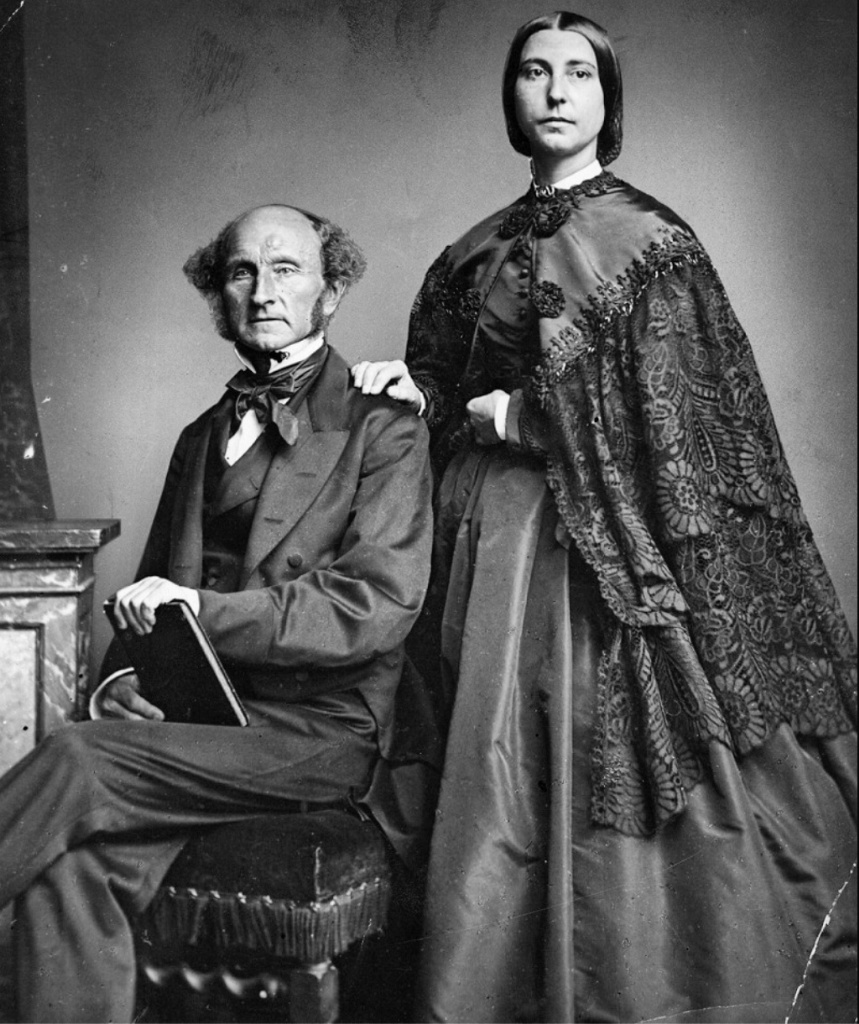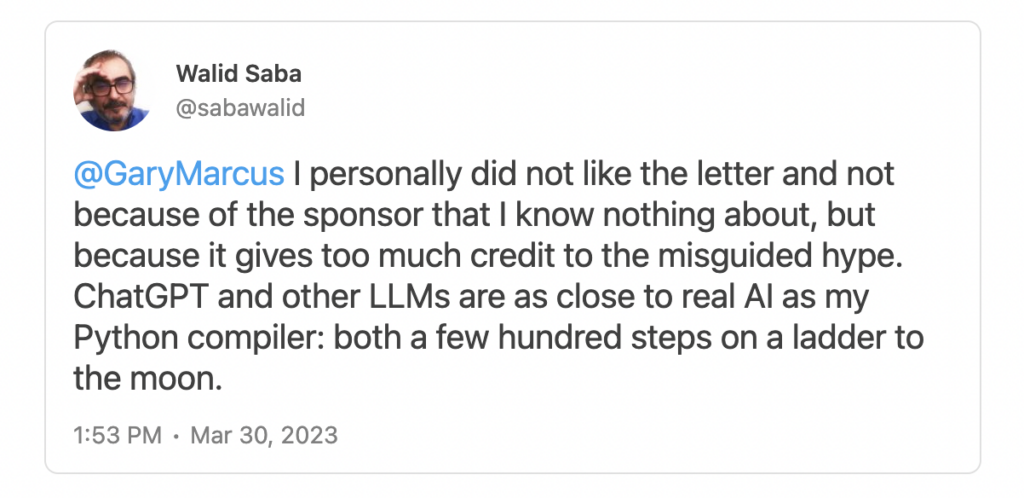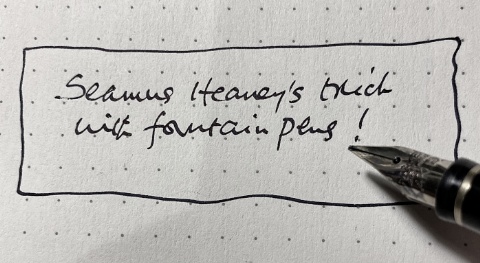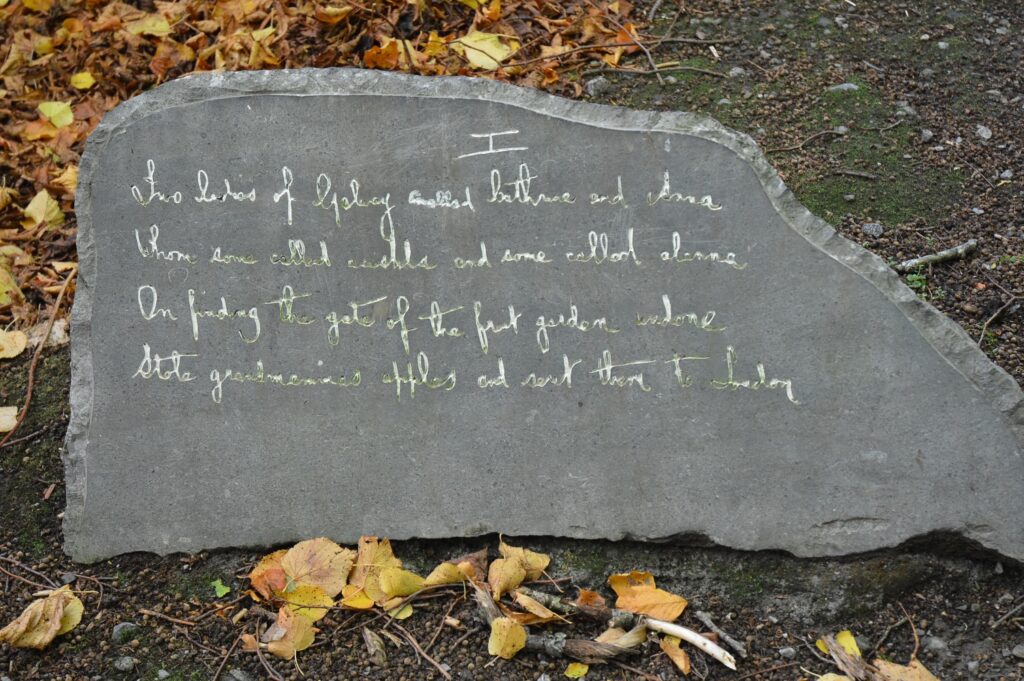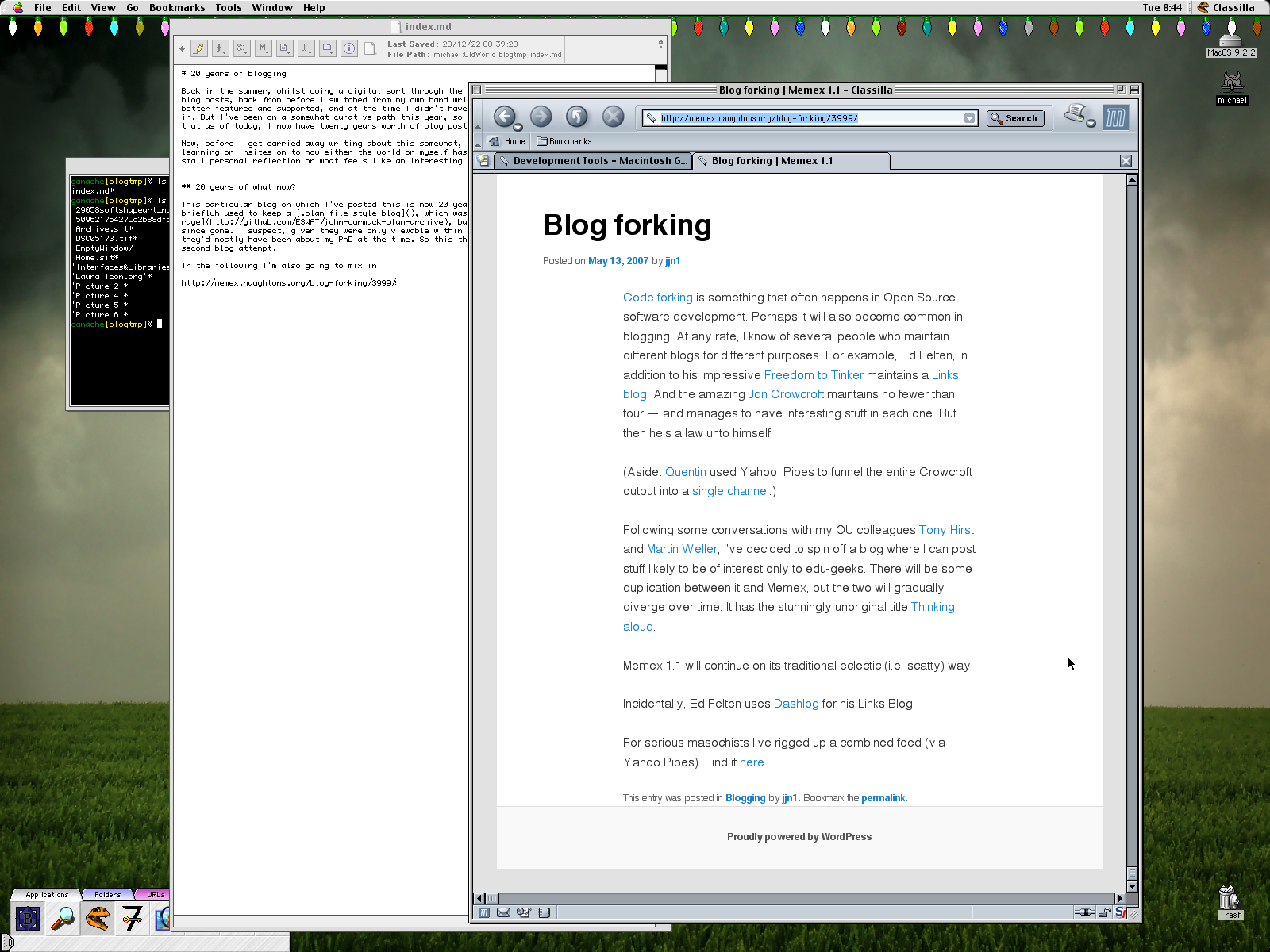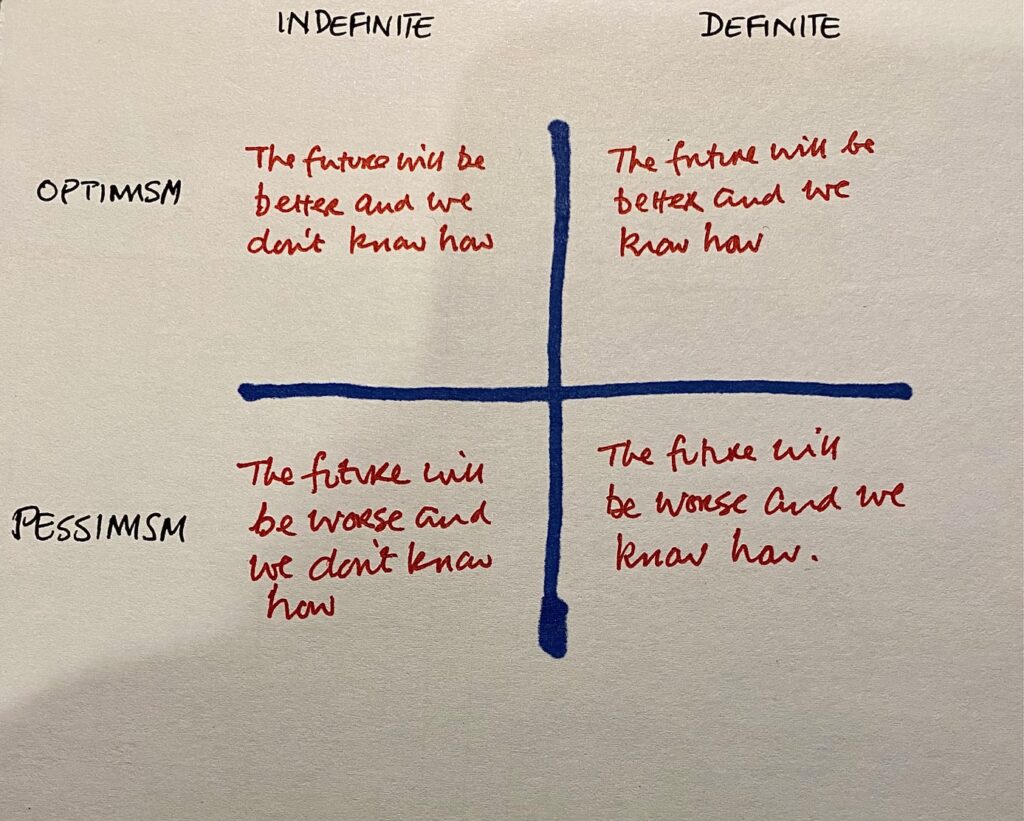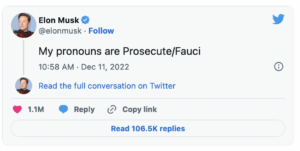Harriet and her amanuensis
I was struck by this lovely photograph of John Stuart Mill and Harriet Taylor, which appeared yesterday on Brad DeLong’s blog. Seeking information about their relationship I went first to Wikipedia (as one does) and found this:
On 21 April 1851, Mill married Harriet Taylor after 21 years of intimate friendship. Taylor was married when they met, and their relationship was close but generally believed to be chaste during the years before her first husband died in 1849. The couple waited two years before marrying in 1851. Brilliant in her own right, Taylor was a significant influence on Mill’s work and ideas during both friendship and marriage. His relationship with Taylor reinforced Mill’s advocacy of women’s rights. He said that in his stand against domestic violence, and for women’s rights he was “chiefly an amanuensis to my wife”.
Further digging uncovered a real surprise — that the relationship between the two had so intrigued an unlikely sleuth, Fredrich Hayek, that he had embarked in the late 1940s on what Cass Sunstein described as
an enormous, uncharacteristic, and somewhat obsessive undertaking …, which was to assemble what remains of the correspondence between Mill and his eventual wife, Harriet Taylor (one or the other destroyed numerous letters, probably including the most interesting), and to use it as the basis for a narrative account of their mysterious love affair.
How was it, asks Sunstein,
that Hayek, of all people, became captivated by the story of John Stuart Mill and Harriet Taylor? A possible answer is that he had to explain to himself and others why Mill—one of the few thinkers he had to regard as an intellectual equal or superior—moved away from what Hayek celebrated as classical liberalism, which for Hayek was focused on limited government and protection of free markets. But Hayek’s interest in the romance itself outpaced his interest in the evolution of Mill’s thinking (perhaps because of the beauty and great delicacy of the correspondence).
Does that romance have anything to do with liberalism and liberty, asks Sunstein? Answer: yes.
One of the lessons we can draw from Hayek’s work of excavation is that Mill’s distinctive form of liberalism, with its emphasis on individual freedom from the confining effect of social norms, had a great deal to do with his relationship with Taylor. As we shall see, Hayek himself missed the connection entirely, because his own preoccupations lay elsewhere.
Interesting, ne c’est pas?. I have a sinking feeling I might have to read Hayek’s account, just out of curiosity. Next stop: the University Library.
Quote of the Day
“Nobody is forgotten when it is convenient to remember them.”
- Benjamin Disraeli
Musical alternative to the morning’s radio news
Sharon Shannon | Blackbird
Wonderful musician with an infectious smile.
Long Read of the Day
The Dawn of Mediocre Computing
An intriguing title for an intriguing essay by Venkatesh Rao. It rang a bell for me because I had been musing on the stupendous blandness of ChatGPT’s responses to some of the prompts I had been feeding it.
Well, we all knew it was coming. Computers already easily overwhelm the best humans at chess and Go. Now they have done something far harder: achieved parity with David Brooks at writing.
OpenAI’s ChatGPT, released as a research beta two days ago, has done to the standard high-school essay what cameras did to photorealistic painting and pocket calculators did to basic arithmetic. It is open sign-up and free for now, but I suspect not for much longer, so go try it; and make sure to trawl social media for interesting and revealing examples being posted by people.
As an open-world, real-ish (I’ll define real-ish in a minute) domain, the correct standard for judging an AI on writing is not beating the “best” humans1 in a stylized closed-world competition (the existence of such competitions is a mark of a certain kind of simplicity), but achieving indistinguishability from mediocre humans. And when it comes to writing, nobody does mediocre more mediocrely than David Brooks. I’m in the parity band too, but he epitomizes my thesis in Survival of the Mediocre Mediocre in a way I can only aspire to. In the grim darkness of the far future where there are only extreme weather reports, civilization will be dominated by Brooks-like humans and Brooks-equivalent computers living together in an awkward symbiosis. And that future starts today. We are witnessing the dawn of mediocre computing.
This is an angle of things I hadn’t ever contemplated. Hope you find it interesting.
My commonplace booklet
How to Take Accidentally Wes Anderson photographs
Entrancing, witty and interesting video.
This Blog is also available as a daily email. If you think that might suit you better, why not subscribe? One email a day, Monday through Friday, delivered to your inbox. It’s free, and you can always unsubscribe if you conclude your inbox is full enough already!

